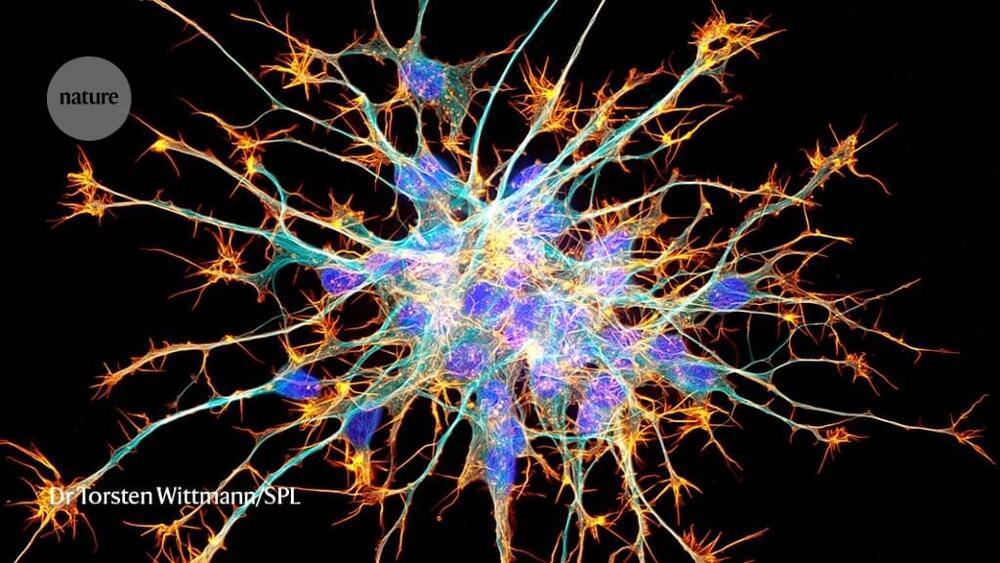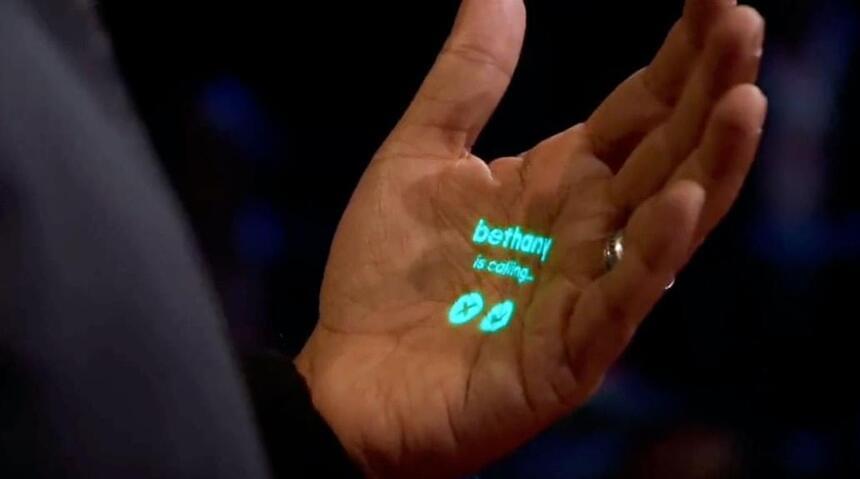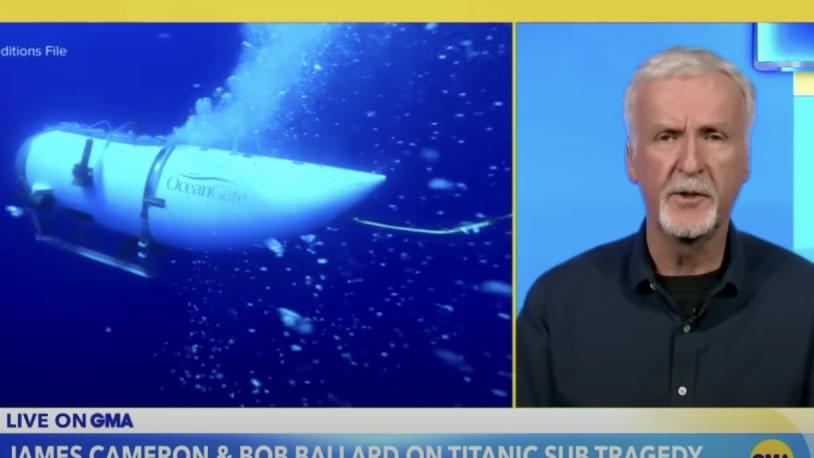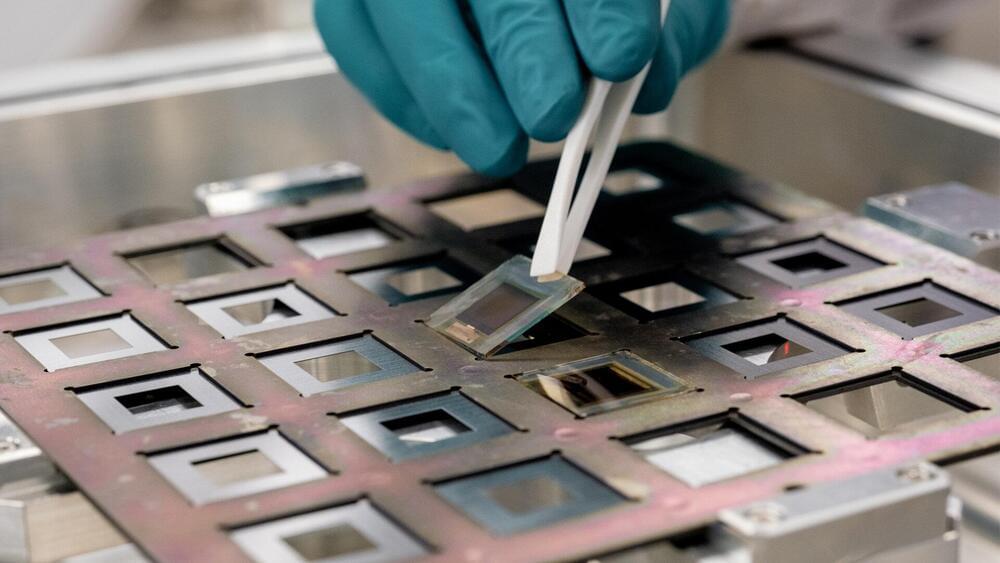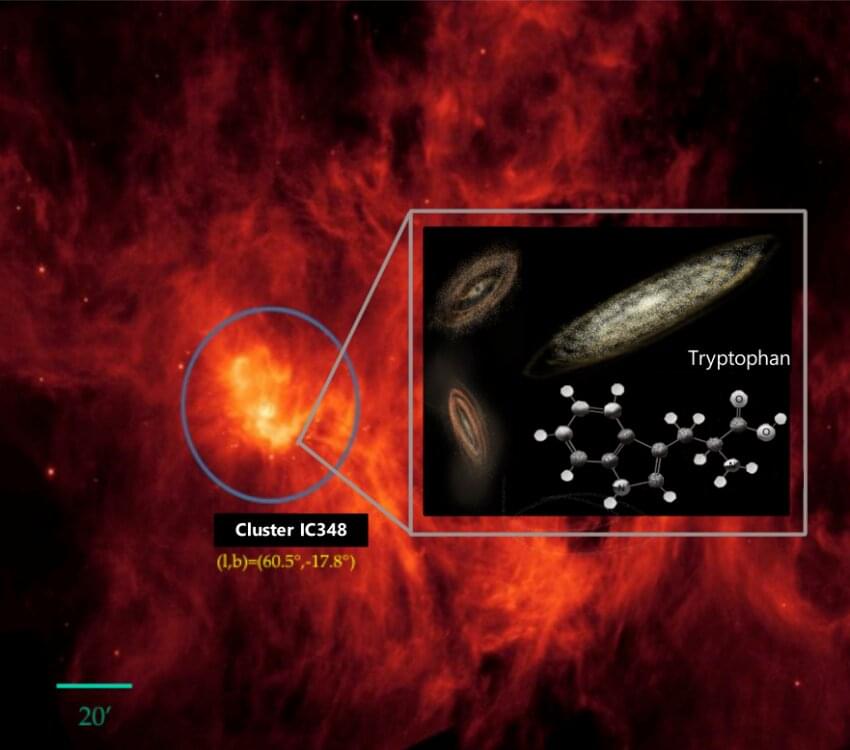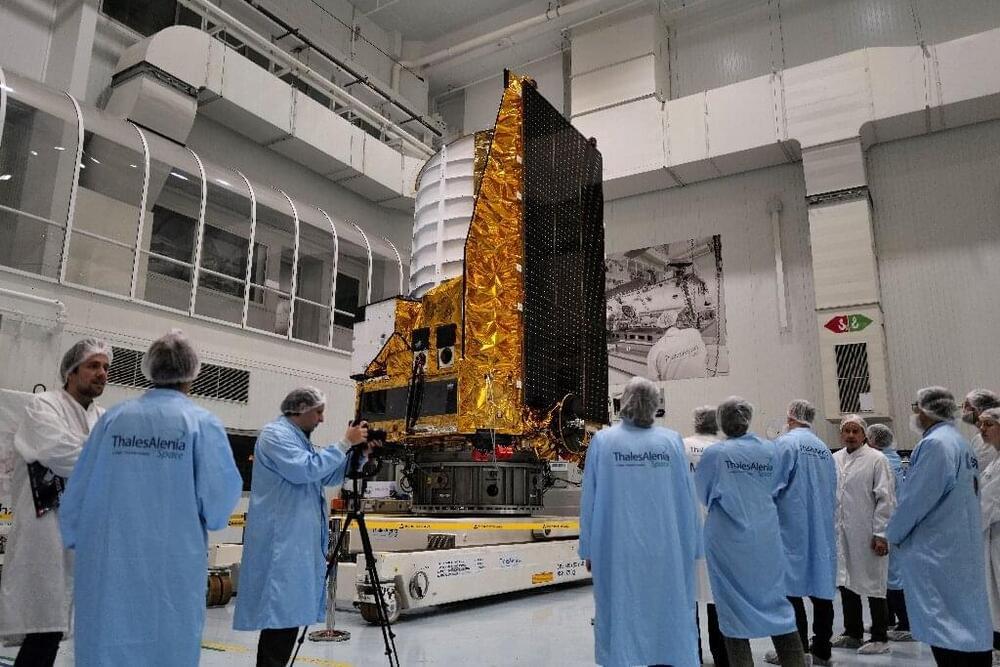Jun 24, 2023
The AI feedback loop: Researchers warn of ‘model collapse’ as AI trains generated content
Posted by Shubham Ghosh Roy in categories: robotics/AI, transportation
Join top executives in San Francisco on July 11–12, to hear how leaders are integrating and optimizing AI investments for success. Learn More
The age of generative AI is here: only six months after OpenAI’s ChatGPT burst onto the scene, as many as half the employees of some leading global companies are already using this type of technology in their workflows, and many other companies are rushing to offer new products with generative AI built in.
But, as those following the burgeoning industry and its underlying research know, the data used to train the large language models (LLMs) and other transformer models underpinning products such as ChatGPT, Stable Diffusion and Midjourney comes initially from human sources — books, articles, photographs and so on — that were created without the help of artificial intelligence.



